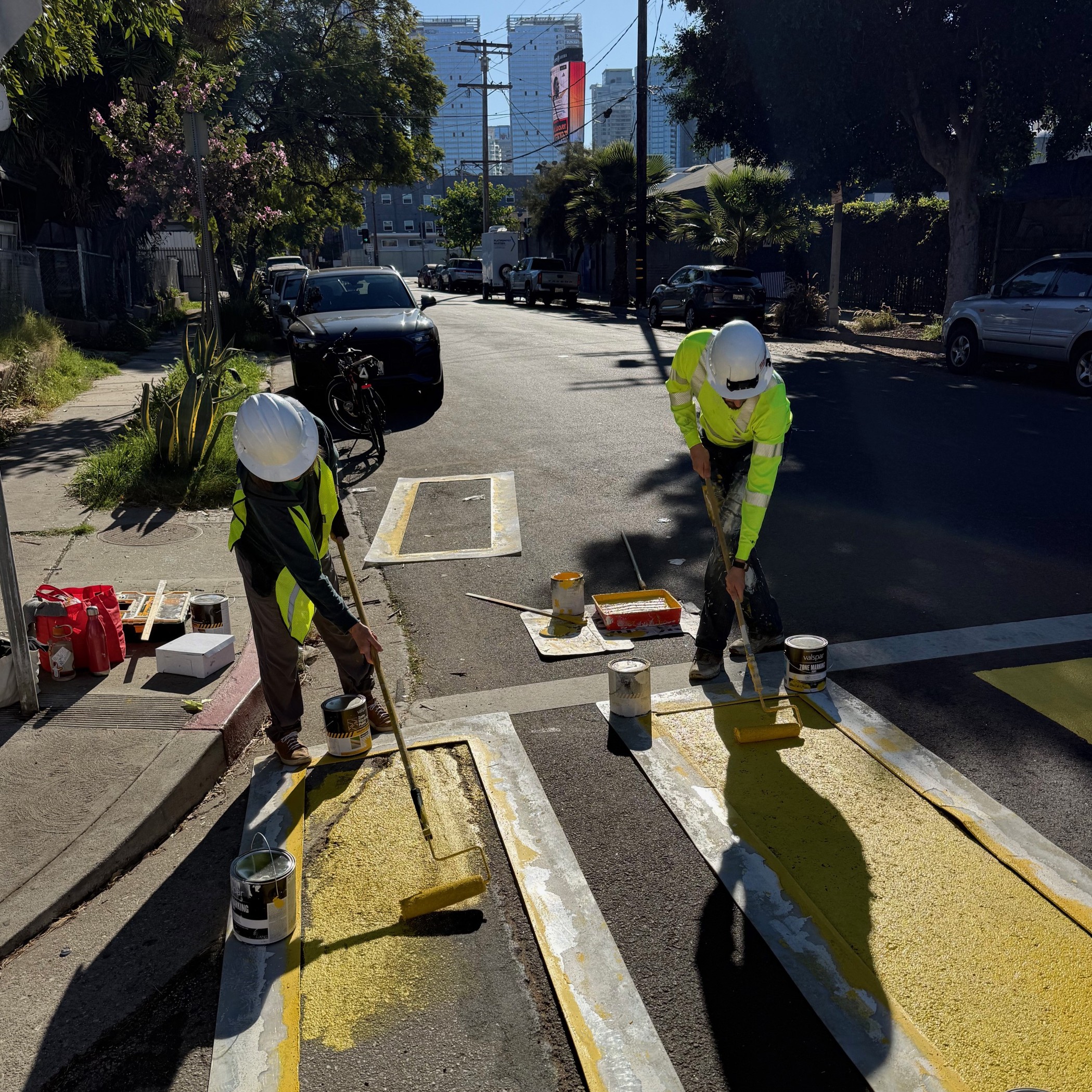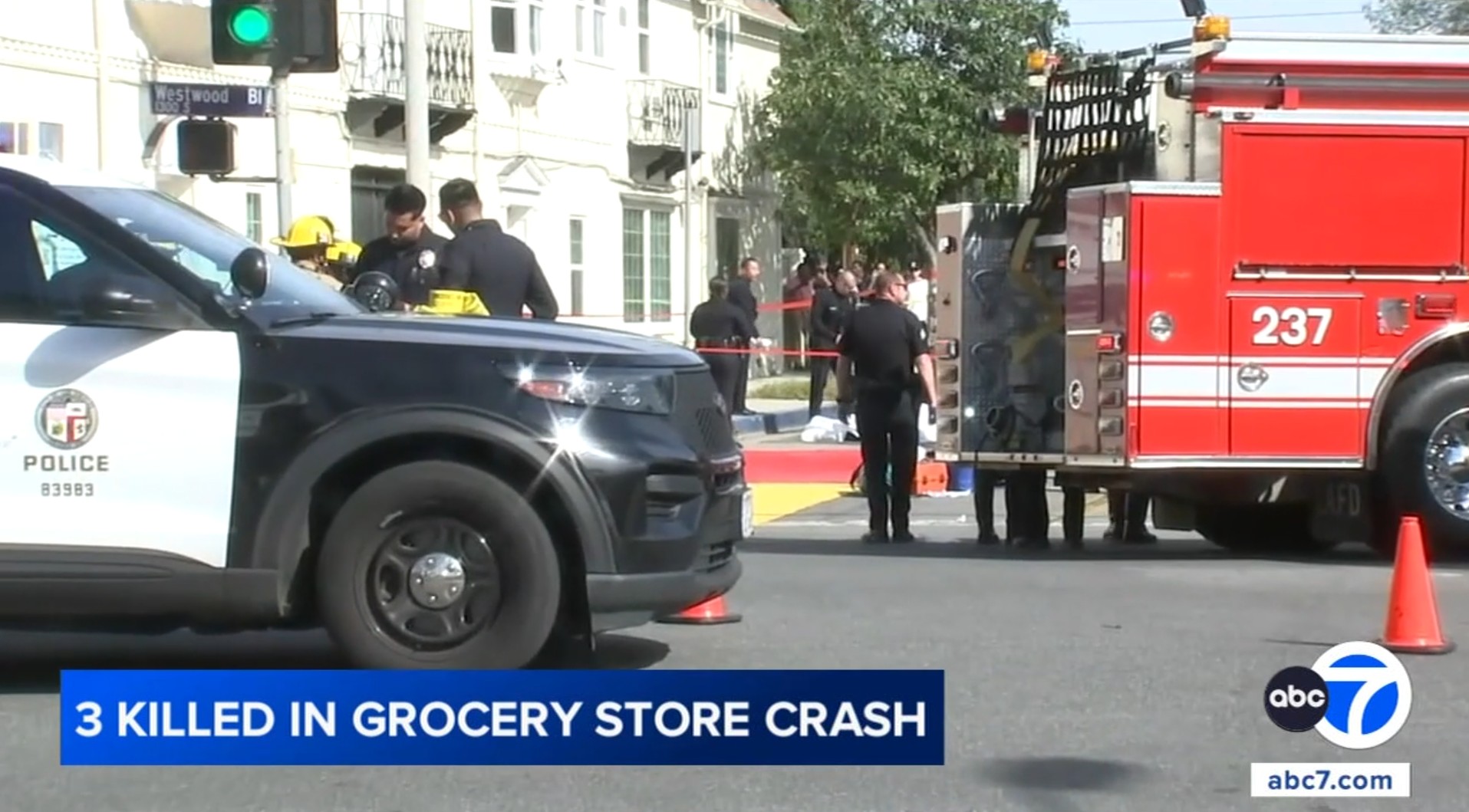In July, Congress handed U.S. DOT a transportation bill with a lot of holes in it, especially relating to performance measures. We’ve reported on some of the more significant holes, and suggested some ideas on how to fill them. But there’s much more to say – and U.S. DOT has opened a web-based dialogue to solicit opinions on how they should design performance measures for the new bill. There is also a page devoted to soliciting stakeholder input on how to design the new national freight policy.
I don't know how common it is for U.S. DOT to open things like this up to public online comment, or why these two were chosen. It may be an eye into places where there's internal dissent at U.S. DOT and they're looking for a tie-breaker. The call for comments on freight policy separates out different issue categories, each with a set of questions, but the page on performance measures is far more open to interpretation.
Either way, this is an opportunity not to be missed. We're all stakeholders in the U.S. transportation system, and this is a way we can all have U.S. DOT's ear -- not just those who hire expensive lobbyists.
So far, there are 29 ideas on the performance measures page, and some of them are very thoughtful.
Alexandra Tyson suggested prioritizing state of good repair, essentially leading states to maintain existing capacity rather than constantly seeking to build more. Bill Barlow wants transit systems with good safety records to get some kind of bonus. “In the highway world,” he said, “projects get extra credits for high volumes of serious crashes.” Clearly there needs to be a better way.
Some commenters asked for better data on bicycle crashes, including separate fatality and injury data for bicycle and pedestrian crashes, and also for information per miles traveled -- which would also require better data-keeping on bicycle miles traveled. In addition to providing far more useful safety information, better bike VMT data could also serve to justify larger public expenditures on bicycling infrastructure.







